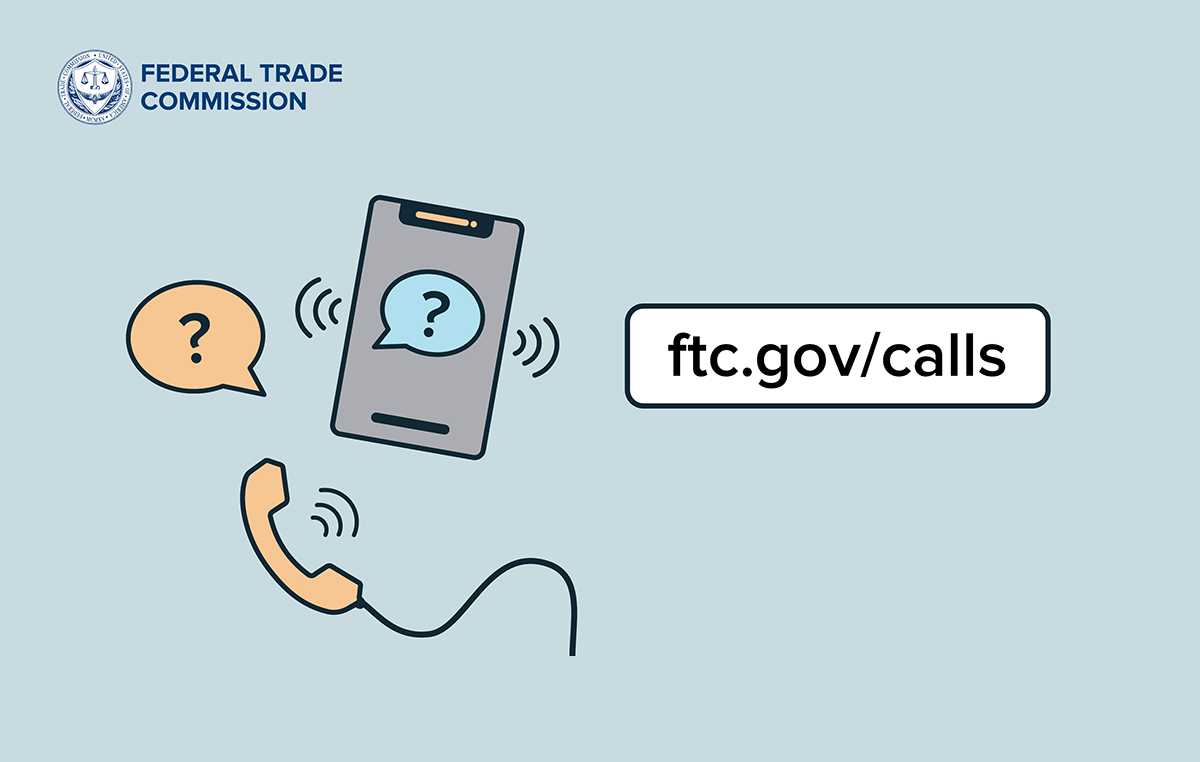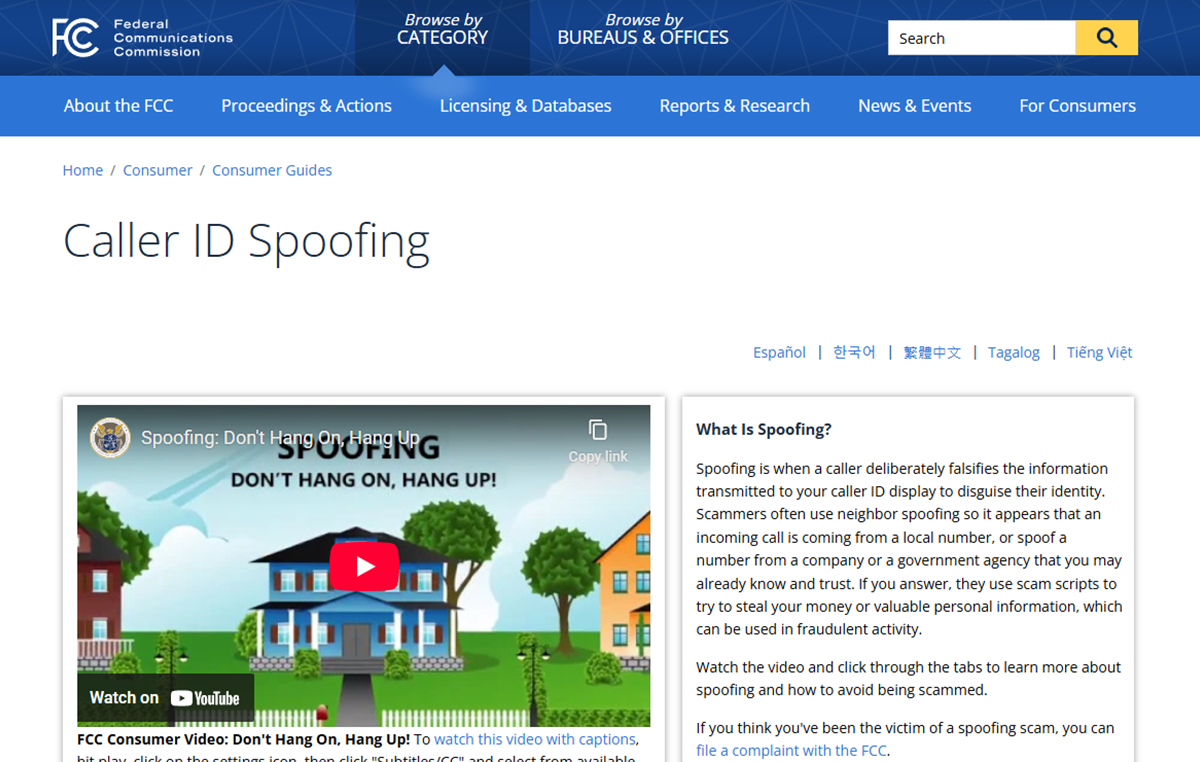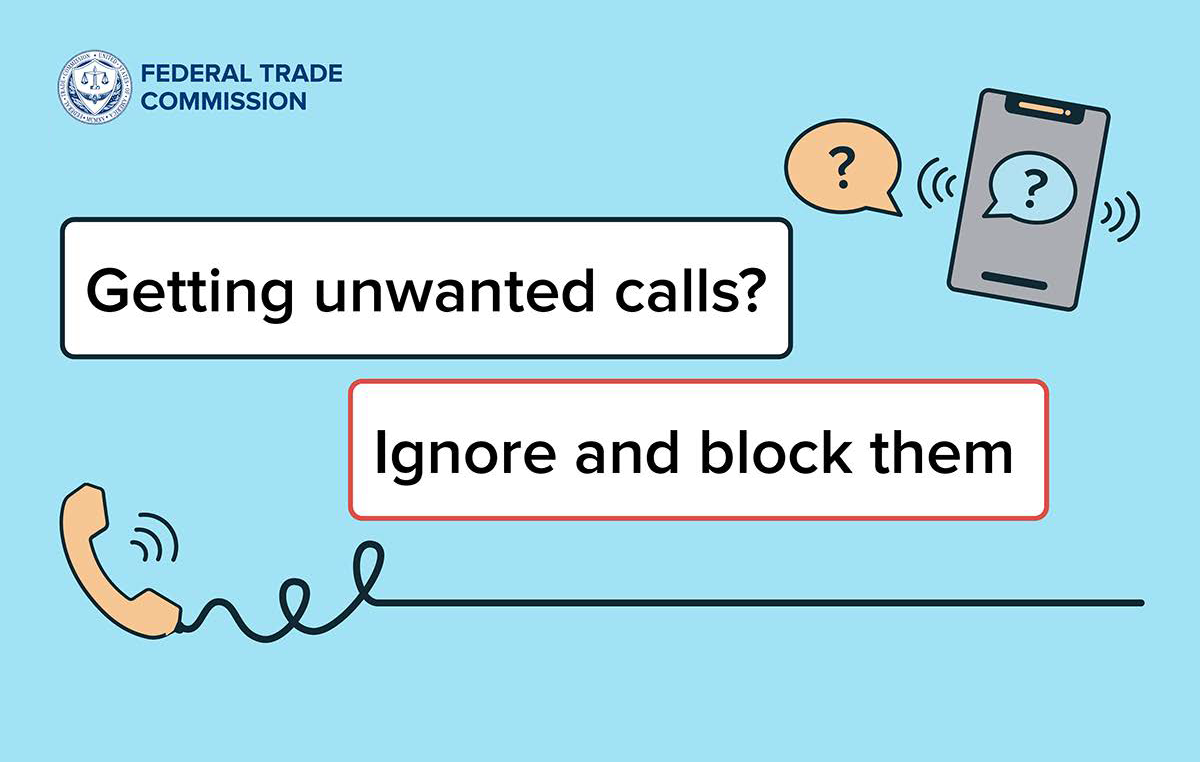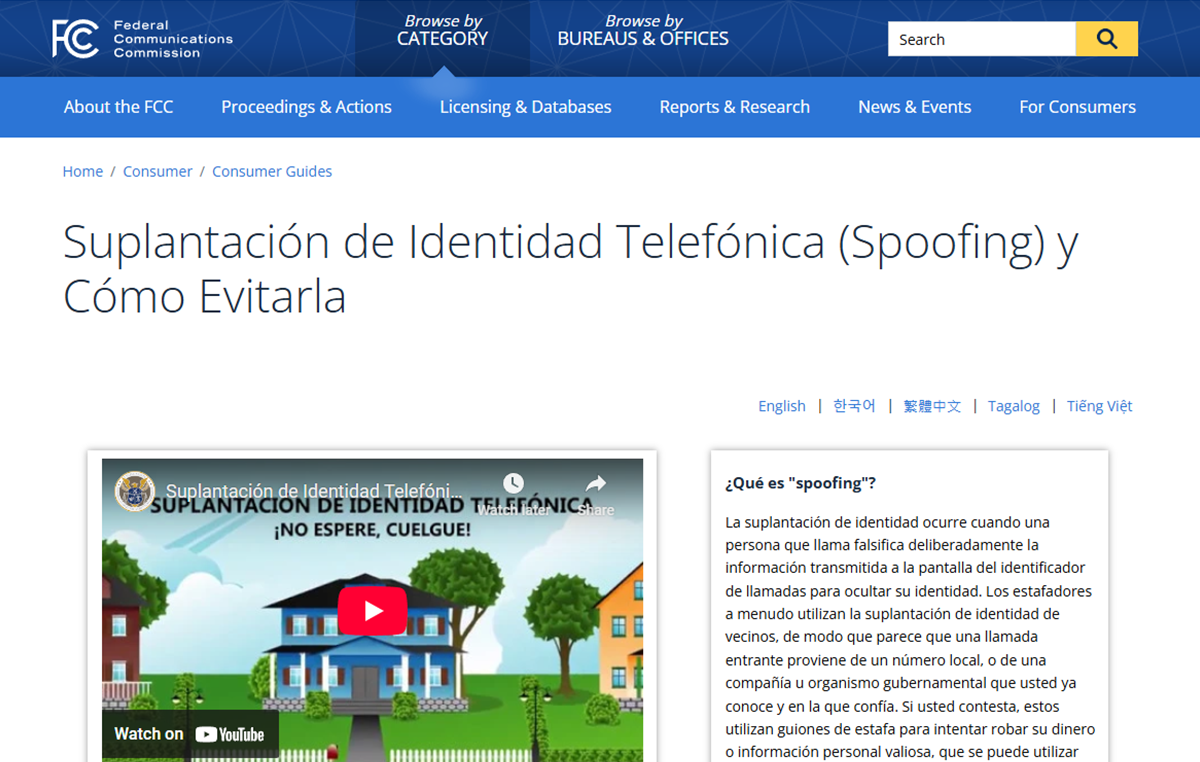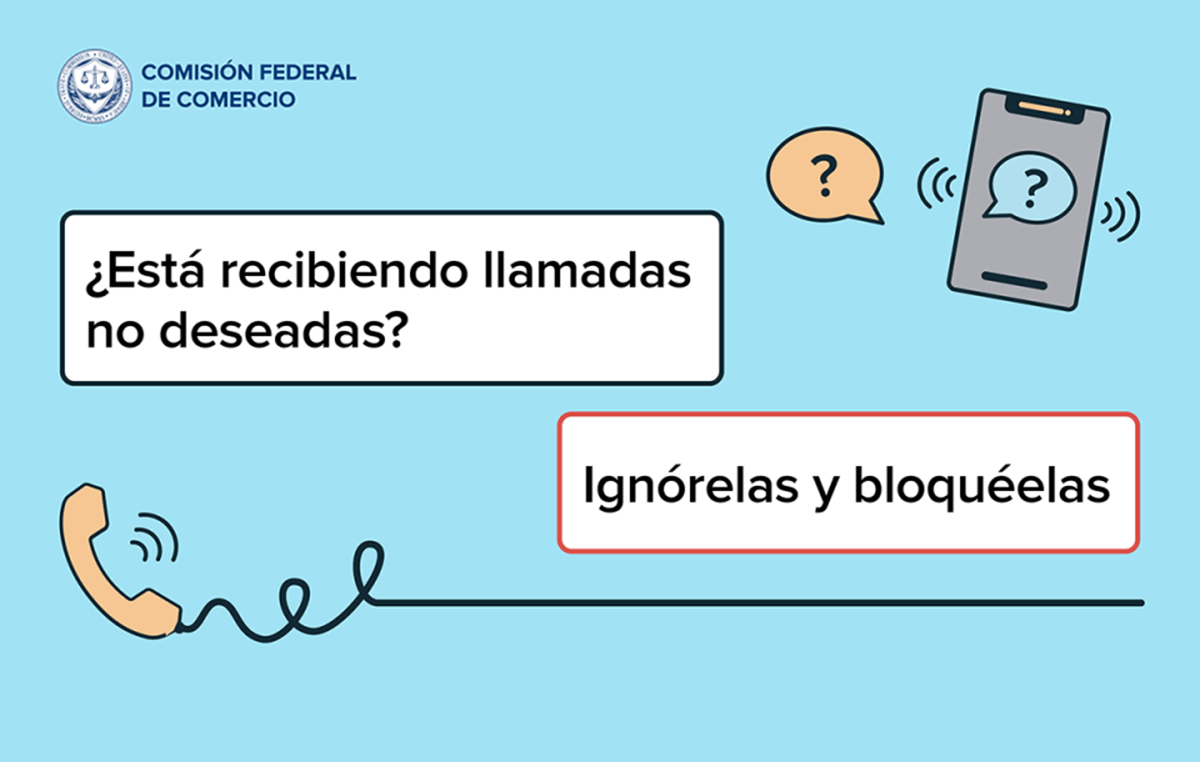"Fraud Department" Phone Scam Reported
Our team has identified a phone scam that has affected several members in our area. Below, we will detail how the scam works, what it affects, and what to do if you fell victim.
First and most importantly, FCCU has not been hacked. Scammers can pretend to be ANY person, business, or even financial institution and can target random phone numbers within the same area code.
We are grateful to the keen members who reported to FCCU the strange phone calls they received so that we could investigate further, identify patterns, and warn others that they may receive similar scam calls.
How does the scam work?
Several members have reported receiving calls from the "fraud department” at FCCU regarding fraudulent charges on their debit card.
Members noted that the caller ID displayed FCCU’s real phone number, making the phone call appear legitimate. This is called caller ID spoofing, where a caller can deliberately falsify the information transmitted to your caller ID display to disguise their identity. Any phone number can be spoofed, even saved contacts in your phone.
After notifying them about fraudulent charges, the “FCCU team member” (AKA scammer) requested the member’s digital banking username and password. They even went as far as having the member recite the two-factor authentication code sent to their phone or email— bypassing the last account security measure and completing account takeover.
The scammer then used the members’ login credentials to sign in, change the account password, lock their debit card(s), and schedule outgoing transfers using the Contact feature.
The members that made it this far recalled receiving an account alert that a new Contact had been added, which was the final red flag indicating something was wrong and that they should contact FCCU directly.
Should I be concerned? Should I contact FCCU?
- Have you received an alert that a new Contact or External Account was added to your FCCU account, but you didn’t add it yourself?
- Have you given your digital banking username or password to another person, even if they are claiming to be from FCCU?
If you answered “yes” to any of the above questions, you need to call FCCU as soon as possible at (920) 563-7305 between 9:00 am and 5:00 pm (Monday - Friday) or 9:00 am and 12:00 pm (Saturday). We will walk you through any necessary account security measures.
Bottom Line
FCCU will NEVER contact you and request your digital banking username and password.
Trust your gut. If something seems off, give FCCU a call using the contact information on our website or social media.
Learn more about phone scams and how to block unwanted calls below.
Fraude de telefónica del "Departamento de Fraude" reportado
Nuestro equipo ha identificado un fraude telefónico que ha afectado a varios miembros en nuestra área. A continuación, detallaremos cómo funciona el fraude, a qué afecta y qué hacer si eres víctima.
En primer lugar, y lo más importante, FCCU no ha sido pirateado. Los engañadores pueden hacerse pasar por CUALQUIER persona, empresa o incluso institución financiera y pueden dirigirse a números de teléfono aleatorios dentro del mismo código de área.
Agradecemos a los miembros que informaron a FCCU las extrañas llamadas telefónicas que recibieron para que pudiéramos investigar más a fondo, identificar patrones y advertir a otros que podrían recibir llamadas fraudulentas similares.
¿Cómo funciona el fraude?
Varios miembros han reportado haber recibido llamadas del "departamento de fraude" de FCCU con respecto a cargos fraudulentos en su tarjeta de débito.
Los miembros notaron que el identificador de llamadas mostraba el número de teléfono real de FCCU, lo que hacía que la llamada telefónica pareciera legítima. Esto se denomina suplantación de identidad de llamadas, donde una persona que llama puede falsificar deliberadamente la información transmitida a la pantalla de su identificador de llamadas para disfrazar su identidad. Se puede falsificar cualquier número de teléfono, incluso los contactos guardados en su teléfono.
Después de notificarles sobre los cargos fraudulentos, el "miembro del equipo de la FCCU" (también conocido como engañador) solicitó el nombre de usuario y la contraseña de la banca digital del miembro. Incluso llegaron a hacer que el miembro recitara el código de autenticación de dos factores enviado a su teléfono o correo electrónico, eludiendo la última medida de seguridad de la cuenta y completando la toma de control de la cuenta.
Luego, el engañador usó las credenciales de inicio de sesión de los miembros para iniciar sesión, cambiar la contraseña de la cuenta, bloquear su(s) tarjeta(s) de débito y programar transferencias salientes utilizando la función Contacto.
Los miembros que llegaron hasta aquí recordaron haber recibido una alerta en la cuenta de que se había agregado un nuevo Contacto, que era la última señal de alerta que indicaba que algo andaba mal y que debían comunicarse directamente con FCCU.
¿Debería preocuparme? ¿Debo ponerme en contacto con FCCU?
- ¿Ha recibido una alerta de que se agregó un nuevo contacto o cuenta externa a su cuenta de FCCU, pero no lo agregó usted mismo?
- ¿Le ha dado su nombre de usuario o contraseña de banca digital a otra persona, incluso si dice ser de FCCU?
Si respondió "sí" a cualquiera de las preguntas anteriores, debe llamar a FCCU lo antes posible al (920) 563-7305 entre las 9:00 a.m. y las 5:00 p.m. (lunes a viernes) o de 9:00 a.m. y 12:00 p.m. (sábado). Lo guiaremos a través de las medidas de seguridad de cuenta necesarias.
En conclusión
FCCU NUNCA se pondrá en contacto con usted para solicitarle su nombre de usuario y contraseña de banca digital.
Confía en su instinto. Si algo parece estar mal, llame a FCCU utilizando la información de contacto en nuestro sitio web o redes sociales.
Obtenga más información sobre los engaños telefónicas y cómo bloquear llamadas no deseadas a continuación.




